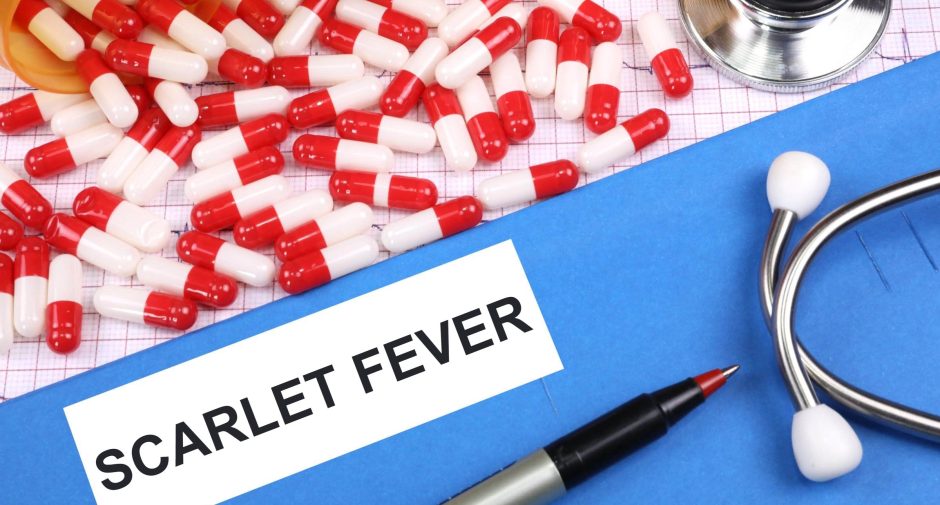Increase in the number of cases of scarlet fever across Greater Manchester
Statement from the Director of Public Health, Jen Connolly on Strep A.
Across the country and in Greater Manchester, we have seen a recent increase in the number of cases of scarlet fever. Scarlet fever is a bacterial infection commonly seen in young children, which can spread easily. The bacteria that causes it is called Group A streptococcus (group A strep or GAS), and it is a common bacteria. Lots of us carry it in our throats and on our skin, and it doesn’t always result in illness. Group A strep, like many other causes of colds and coughs, is spread by coughing, sneezing, singing and talking – as well as coming into direct contact with an infected person or things they may have touched.
However, GAS does cause a number of infections, including scarlet fever, impetigo and tonsillitis. The early symptoms of scarlet fever include sore throat, headache, fever, nausea and vomiting. After 12 to 48 hours, the characteristic red, pinhead rash develops, typically first appearing on the chest and stomach, then rapidly spreading to other parts of the body and giving the skin a sandpaper-like texture. The scarlet rash may be harder to spot on darker skin, although the ‘sandpaper’ feel should be present. Patients typically have flushed cheeks and are pale around the mouth. This may be accompanied by a bright red ‘strawberry’ tongue.
If you think you, or your child, might have scarlet fever:
- Contact your GP or NHS 111 as soon as possible
- Make sure that you or your child take(s) the full course of any antibiotics prescribed. Although you or your child will feel better soon after starting the course of antibiotics, you must complete the course to ensure that you do not carry the bacteria in your throat after you have recovered
- Stay at home, away from nursery, school or work for at least 24 hours after starting the antibiotic treatment to avoid spreading the infection
We are seeing a higher number of cases of scarlet fever / GAS infections at this time of the year than we usually would. The infections are usually mild and easily treated with antibiotics.
Very rarely, the bacteria can get into the bloodstream or lungs and cause a serious illness – called invasive Group A strep (iGAS). Whilst iGAS infections are still uncommon, nationally, there has been an increase in cases this year, particularly in children under 10. It is very rare for children with scarlet fever to develop iGAS infection.
We are working closely with local stakeholders – including all schools and early years settings across the borough – to provide support and health advice to our local communities.
In addition, we are also seeing plenty of other viruses that cause sore throats, colds and coughs circulating. These should get better without medical treatment. We can all help by remembering basic infection control advice of washing hands thoroughly and regularly, covering coughs and sneezes, and using and disposing of tissues.
For more details on Group A Strep, how it is spread and what people should be looking out for, visit the UK Health Security Agency website.
Image: Creative Commons 3 – CC BY-SA 3.0 Pix4free.org – https://pix4free.org/
Original Author: Nick Youngson – link to – http://www.nyphotographic.com/




